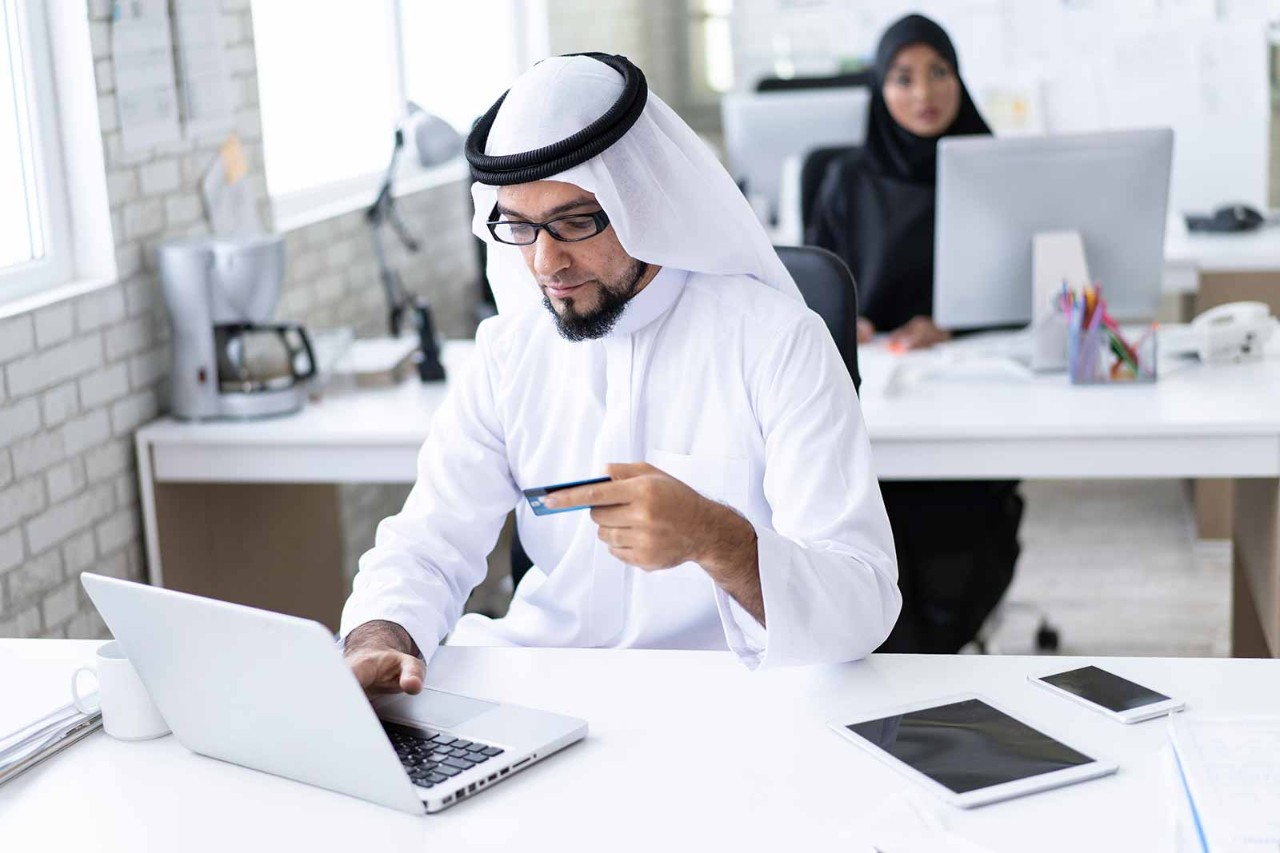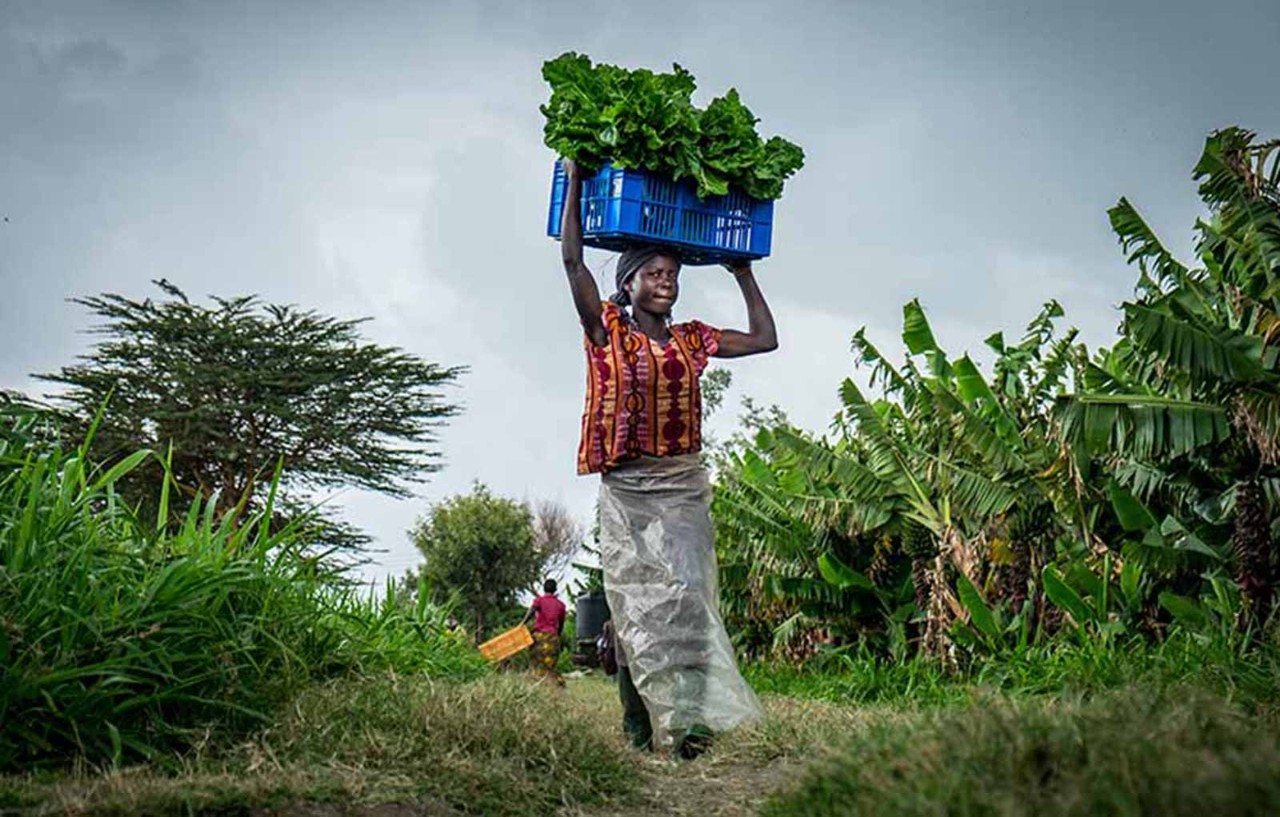
E-commerce and digitalisation have needed a good push to really get going in the Gulf. And this has happened through Covid-19. The pandemic has propelled widespread adoption of digitalisation amid an otherwise difficult economic environment.
In the Gulf’s two largest economies, Saudi Arabia and the United Arab Emirates (UAE), there has been a flurry of digital activity since the pandemic hit. In the six months following the introduction of stay-at-home measures in early 2020, e-commerce has grown more than in the past six years, according to Visa.
Meanwhile, a Mastercard survey, released this year, showed that 73% of UAE consumers are now shopping more online than before the pandemic, while an AT Kearney Middle East report estimated growth in e-commerce within the region at 20% during 2020, 6% higher than its pre-Covid-19 forecast for that year.
Ingredients for success
With high internet penetration, fast connections, disposable wealth and reliable postal addresses – unlike other parts of the Middle East – the Gulf has all the ingredients for success in e-commerce, something that has not gone unnoticed among the global players. In 2017, for instance, Amazon bought out regional seller Souq and transferred traffic in the UAE to its own site.

This digital shift should also be a boon for Arabic language content – and companies looking for a largely untapped niche in an emerging e-commerce market
Regional and country-specific apps have also mushroomed, from healthcare and deliveries to travel apps and Islamic fintech.
Untapped niche
This digital shift should also be a boon for Arabic language content – and companies looking for a largely untapped niche in an emerging e-commerce market. Despite Arabic speakers accounting for 5.2% of global internet users, only 1% of content is in Arabic, according to AC Nielsen figures.
Middle Eastern games developers have certainly spotted the potential. With only 850 games in Arabic on Apple’s App Store, compared with some 400,000 in English, the opportunity is there for the taking.
Developers have been working feverishly to bring out new gaming apps to quench the thirst for entertainment during the pandemic, with estimates suggesting that Arabic game downloads increased by between 60% and 80% last year. The Arabic mobile games market is thought to have trebled in size since 2015, and is expected to reach US$2.3bn in 2022, according to developer Tamatem.
Smart move
With Gulf governments efficiently rolling out Covid-19 vaccination policies that will enable the region to return to a degree of normality, it is likely that the momentum of digitalisation will accelerate beyond the pandemic. This is a region that is at home with tech. E-payments should become the default option for point-of-sale payments and financing platforms, especially the use of digital wallets, according to Visa.
Gulf cities are also going ‘smart’ – connected through the Internet of Things. The UAE’s business hub, Dubai, is undertaking an ambitious digital transition through its private-public Smart Dubai project, which will include authenticating payment transactions through facial biometrics.
Saudi Arabia, meanwhile, has made digitalisation a major pillar of its economic diversification efforts, Vision 2030. In January 2021, Crown Prince Mohammed bin Salman announced plans to build a US$200bn zero-carbon smart city, The Line, part of the colossal Neom Red Sea region development.
A planned US$400m Google fibre optic cable, called Blue-Raman, which will run from the Mediterranean through the Arabian Peninsula, is also set to bolster capacity for a digital-hungry region. As the saying goes, beneath every cloud…is a fibre-optic cable and a well-developed app.




